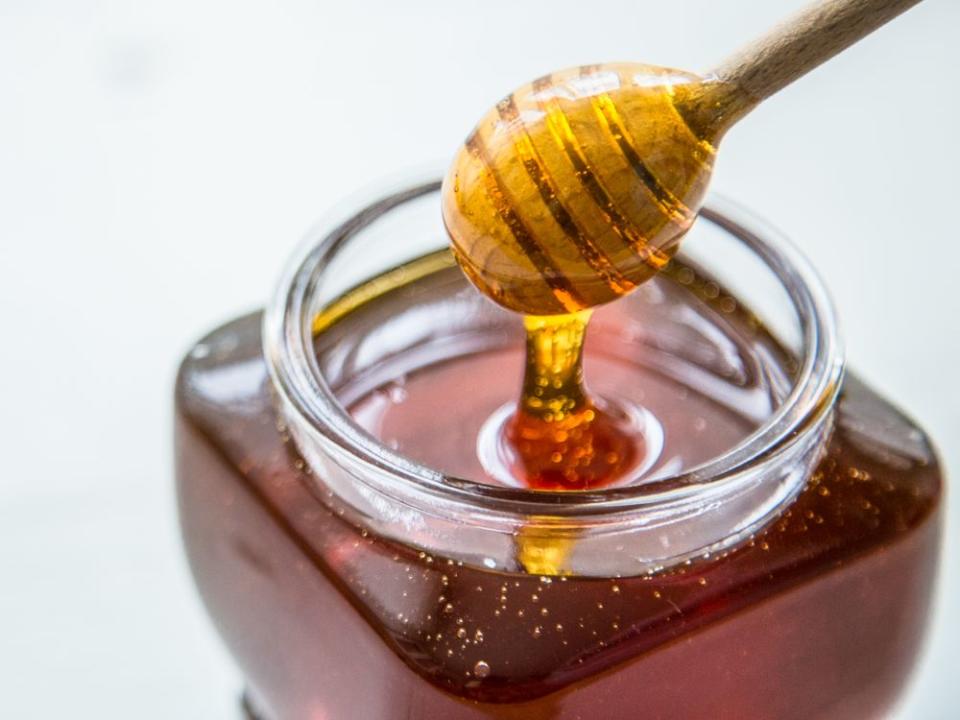The Neverending Fight Over the Manuka Honey Trademark
Last month, a small-batch brand of manuka honey was added to the shelves at Harrods department store in London, with a decidedly large price tag. Only 1,000 jars of True Harvest Company's Rare Harvest manuka honey exist, and each eight-ounce offering retails for a jaw-dropping £1390 ($1,790).
"In our part of the world people might love to buy very fine wine, or be wine connoisseurs and what we've found is that in other parts of the world there are honey connoisseurs and that's what they want to collect," True Honey Company CEO Jim McMillan told Stuff.co.nz.

This ultra-rare, ultra-pure Manuka honey is from the far north of New Zealand, and if the country's honey producers get their way, only honey from that island nation will be allowed to use the manuka name—but neighboring Australia isn't willing to let that designation go without a fight.
The New York Times reports that New Zealand's honey producers have long argued that it's the only country that can produce true manuka honey, because it's the only place where the manuka bush (Leptospermum scoparium) is found. Australian manuka, they argue, comes from other different-but-related species. (The New Zealanders have previously suggested that the Australian version should be called tea tree honey.)
The Manuka Honey Appellation Society (MHAS), an organization that represents a group of New Zealand-based beekeepers, has gotten almost NZ$6 million in funding from the government to continue its fight to keep Australia from using the M-word. "The Aussies are trying to promote themselves as the owners of the manuka honey brand," NZ Regional Economic Development Minister Shane Jones said in September. "That is wrong culturally. That is a type of economic larceny." (New Zealand's honey producers have also argued that the word 'manuka' itself belongs to the country's indigenous Maori people. New Zealand really doesn't want to let this go.)
Meanwhile, Australia says that its honey is just as good—or better—than what the Kiwis can produce, and they have a scientific paper to prove it. In late October, Australian scientists released the results of a five-year study that involved testing more than 5,000 honey samples and 2,000 nectar samples that had been collected all over the country. The researchers say that seven of Australia's 80-plus leptospermum species produce honey with "exceptionally high levels of antibacterial activity," while others received high marks for "therapeutically beneficial activity."
"Our medicinal honey is as good as, or more active than, New Zealand medicinal honey," Dr. Peter Brooks of the University of the Sunshine Coast's honey lab said. "New Zealand's got one [Leptospermum scoparium] species, we've got multiple [leptospermum] species, and some of our species are three or four times more active than New Zealand."
The fight over which country is the home of “real” manuka honey has already dragged on for several years, and it doesn't seem like it's going to be resolved anytime soon. Depending on how this goes, those $1,790 jars of Rare Harvest really might be collectors' items—so you'd better stock up. Or at least take a picture.

